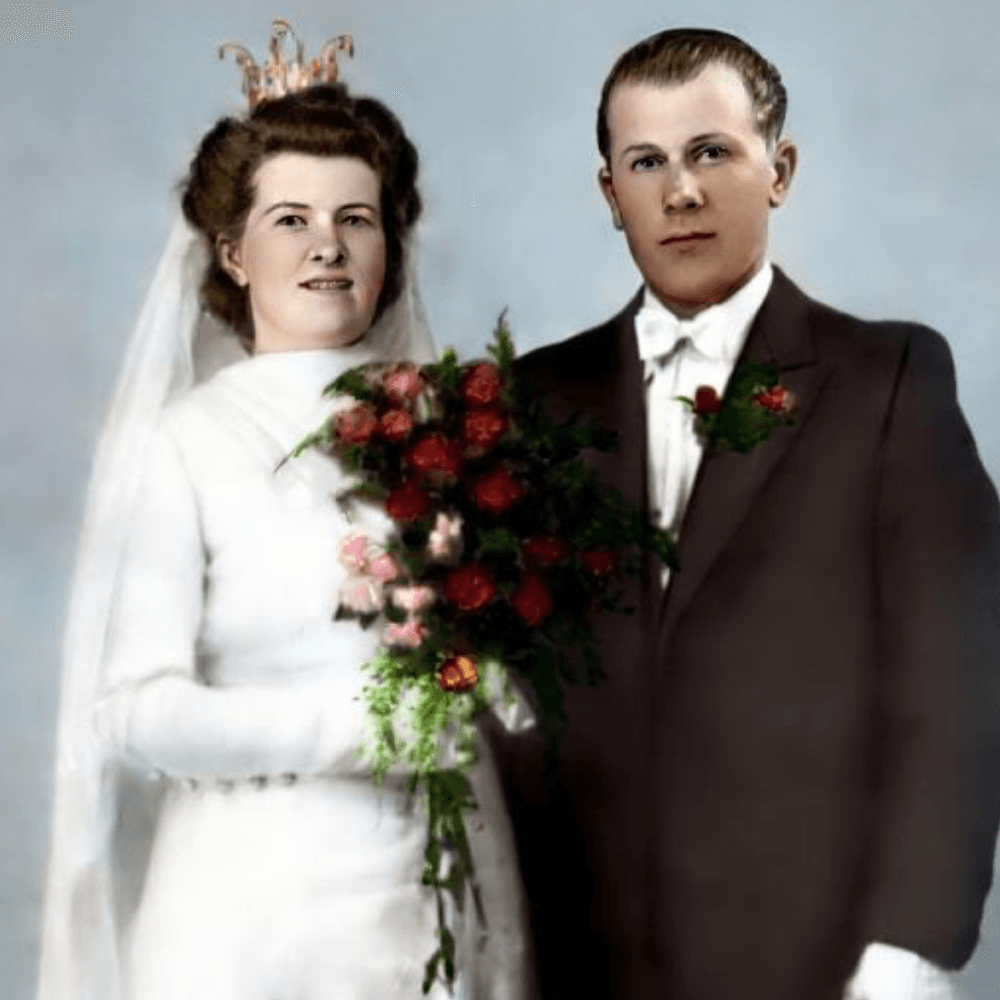Many couples sooner or later face the question: ‘Will you take my surname or will we keep our own names?’ It may seem like a practical decision, convenient for mail and administration, yet research shows that name choice also reflects intimacy, connection, and the way others perceive your relationship. Talking about this well requires good love communication. Talking about this well requires good love communication.
Read on for my story
In this blog, you will discover what a surname reveals about love and identity. If you would like to know why I want to change my surname, click below.

Living together, marriage and financial security
Couples who live together often consciously choose more freedom in how their relationship looks. In countries without a social or financial safety net, marriage can be more important, as alimony after divorce offers a form of security.
Especially when one partner is financially dependent on the other. Historically and culturally, this was usually the woman. This is what is known as economic independence.
The social pressure behind a surname
In many countries, including the Netherlands and the US, most women still take their husband’s surname. In the United States, as many as 87% do so. That is remarkable, since legally it is often easier to keep your own name than to change it. The explanation lies in cultural norms.
We grew up with the idea that a shared family name represents connection and unity. When a woman decides to keep her name or a couple chooses a double name, many people see this as a subtle break with tradition, and thus with traditional gender roles. Such social pressure can be a challenge for love communication within a relationship.
How choosing a name affects your relationship
A large survey experiment (n=501) found that women who keep their own name or choose a double surname are perceived by others as less loving and less committed than women who take their husband’s name. They are also seen as less fitting the image of the ‘ideal wife’.
This effect is not just theoretical. It influences how friends, family and even the couple themselves experience their relationship. A woman who notices that those around her disapprove of her choice may feel less supported and experience more pressure to conform. Open communication about love helps couples stand stronger together.
What about the men?
Men are not entirely exempt from this effect. Their level of commitment is also perceived as lower when their partner keeps her name. People tend to assume the man has less ‘power’ in the relationship. Interestingly, men receive the least social criticism when their partner does change her name, even if they live in an otherwise equal relationship.
With double surnames, the image is mixed: men are not seen as less loving, but as slightly less of an ‘ideal husband’. Perhaps because a double surname is viewed as a compromise where the man gives up part of his traditional position.
Gender norms in relationships
Sociologists call this doing gender: continually affirming one’s manhood or womanhood through social signals. A surname is such a signal. A woman who keeps her name shows that she values her identity and autonomy. In many cultures, this is still seen as less feminine or less devoted to the family.
These norms subtly influence relationships. Partners may unconsciously judge each other: ‘Do you really love me if you do not want to take my name?’ Yet it is, of course, entirely possible to keep your own name and be fully committed to your marriage or intimate relationship.
The patriarchal naming system originated in a time when male strength, power and ownership were central. Names followed the paternal line to secure inheritance and property for male heirs. But other systems exist too. For example, in Iceland, where children take either their mother’s or father’s name, or in Latin America, where double surnames make the maternal line visible, or in some African cultures where children receive names directly linked to their mother, such as her clan or the circumstances of birth. Evolutionarily, these systems show recognition of both parents as branches of the same tree.

Could you use a little bit of help?
Then book a free consultation.
Take the first step and discover how we can support you.
Same-sex relationships
A 2006 study among lesbians showed that when one partner takes the other’s surname, it is mainly done to gain acceptance of the relationship from their surroundings. This was not always done through a ceremony, but sometimes during other celebrations such as birthdays.
The impact on relationship quality
How a couple discusses this topic, the choice of surname within the relationship, reveals much about their dynamic. An open and respectful conversation can strengthen the relationship, as it helps you understand each other’s values and expectations.
A conversation in the language of love communication or relationship communication helps with that. It is about listening, offering recognition, and exploring without judgement what a name means to both of you.
If, however, one partner rigidly clings to the norm (‘You must take my name’), it can become a source of conflict and reinforce inequality.
HOW TO APPROACH THIS CONSCIOUSLY?
- Talk about the meaning: Ask each other why a shared name feels important or not. Is it a romantic symbol, a practical advantage, or a social expectation?
- Painful past and new beginnings: Choosing a partner’s surname can also be a way to leave behind a painful or traumatic family history and create a fresh start.
- Explore alternatives: Beyond changing or keeping your name, consider double surnames or creative family names for your children.
- Acknowledge social pressure: Be aware of others’ reactions but do not let them decide for you. You are choosing each other. Freedom means respecting each other’s inner world and unique background. Ultimately, it is about how you both decide to give the past, the present and the future a place in your shared story.
- Keep communicating: The name choice may resurface later, for example when children are born. Keep space to reconsider together.
The name says something, but not everything.
The decision to change, keep or combine your surname is more than a formality. It is a signal to each other and to the world about how you view your relationship. Research shows that this choice influences the way others judge you; women in particular face social sanctions if they deviate from the norm.
But don’t let this limit you. A strong relationship is not built on a shared surname, but on respect, communication and shared values. Research also shows that for women, their surname does not affect their self-confidence or sense of identity.
Use the discussion about your name as an opportunity to grow closer together, and make a choice that suits your unique relationship.
My personal choice
My partner and I have been consciously unmarried and living together for more than 37 years. We have our own term for it: “C.U.L.T.”: Consciously Unmarried Living Together. No shared surname, but plenty of love. Or, as we like to say, ‘two crazy love birds on a stick, never dull.’
Still, I want to change my surname, not to my partner’s, but as a symbol of who I am now. It marks a turning point: letting go of what no longer fits, creating space for a new beginning. Gerard fully supports me in this. His strength is not always visible, but it is always present in my life.
So I ask you: what do you think would be a beautiful new surname for me? Share your ideas in the comments!Put it in the comments!


